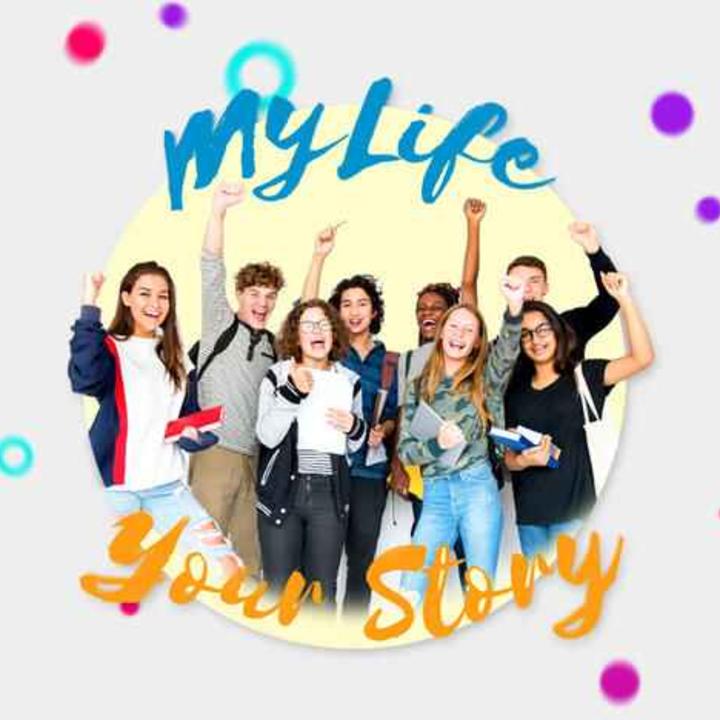
Office of Reentry Services

THE REENTRY PROCESS: USE OF EVIDENCE-BASED PRACTICES
The Vision of DJJ's Office of Reentry Services is to collaborate with internal and external stakeholders to encourage and support evidence-based practices and programs to help Georgia's youthful offenders. Reentry is not one specific program; it is a process that starts when a youth initially enters the DJJ system and ends when the youth has been successfully reintegrated into the community as a prosocial, productive, law-abiding citizen. Georgia uses a variety of effective evidence-based programs and practices to reduce juvenile recidivism and help adjudicated youth achieve positive outcomes.
Reentry Planning
The Georgia Department of Juvenile Justice aims to provide services and programming to youth by providing comprehensive reentry planning, including the youth and family as equal partners. This planning process called the Youth Centered Reentry Team (YCRT), is a "youth-centered and family-focused" approach to planning and is designed to improve family engagement. Research shows that youth are more successful upon release when their families are engaged.
Reentry Support
DJJ is committed to expanding and enhancing reentry services by cultivating resources, services, support, and ensuring continuity of care. Along with the team working on reentry planning, staff assists with reentry activities such as: developing career readiness and employability skills, offering job fairs, assisting with college applications and preparation, reinstatement of insurance and healthcare coverage, and other supportive resources. Staff also facilitate referrals to various community providers for other supportive services such as clothing, employment, housing, and mentors.
Reentry Taskforce
The DJJ Reentry Taskforce is essential for improving reentry outcomes by increasing reentry support. Effective reentry planning and the delivery of aftercare services that support youth's successful reentry requires coordination across multiple agencies, state and local juvenile justice systems, other youth and family service systems, and service providers. The DJJ Reentry Taskforce convenes stakeholders to work together to support jurisdiction-wide reentry policy and practice changes.
Taskforce membership currently consists of more than 70 state agencies and nonprofit organizations. the DJJ Reentry Taskforce is divided into eight Subgroups with DJJ serving as the "backbone" organization: Family and Living Arrangements; Peer Groups and Friends; Behavior and Physical Health (Substance Use); Education and Schooling; Career and Technical Education; Leisure Time, Recreation and Avocational Interests; Parenthood Subgroup; and Underserved Areas Subgroup.
The DJJ Reentry Taskforce subgroups work to resolve barriers identified in the Reentry Strategic Plan. Each subgroup is led by a chair and co-chair operating in collaboration with DJJ Office of Reentry Services staff. Each subgroup works to increase services and remove barriers to youth success as the youth reenter their communities.

DJJ COMMUNITY RESOURCES DATABASE
Office of Reentry Services - Related Files